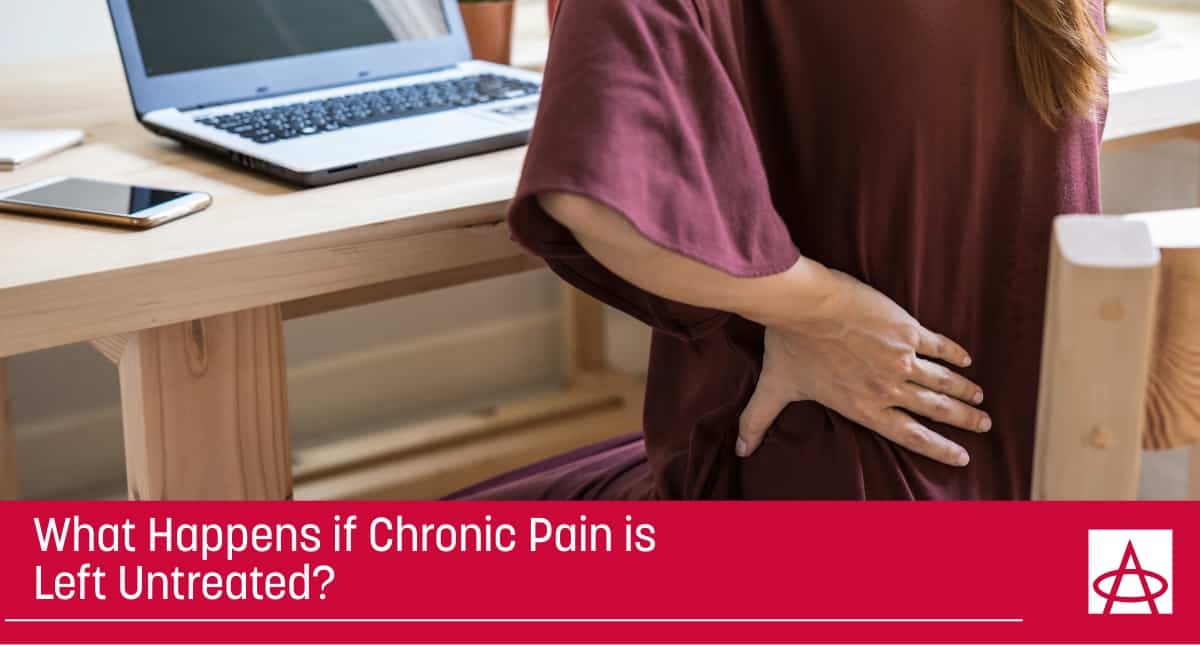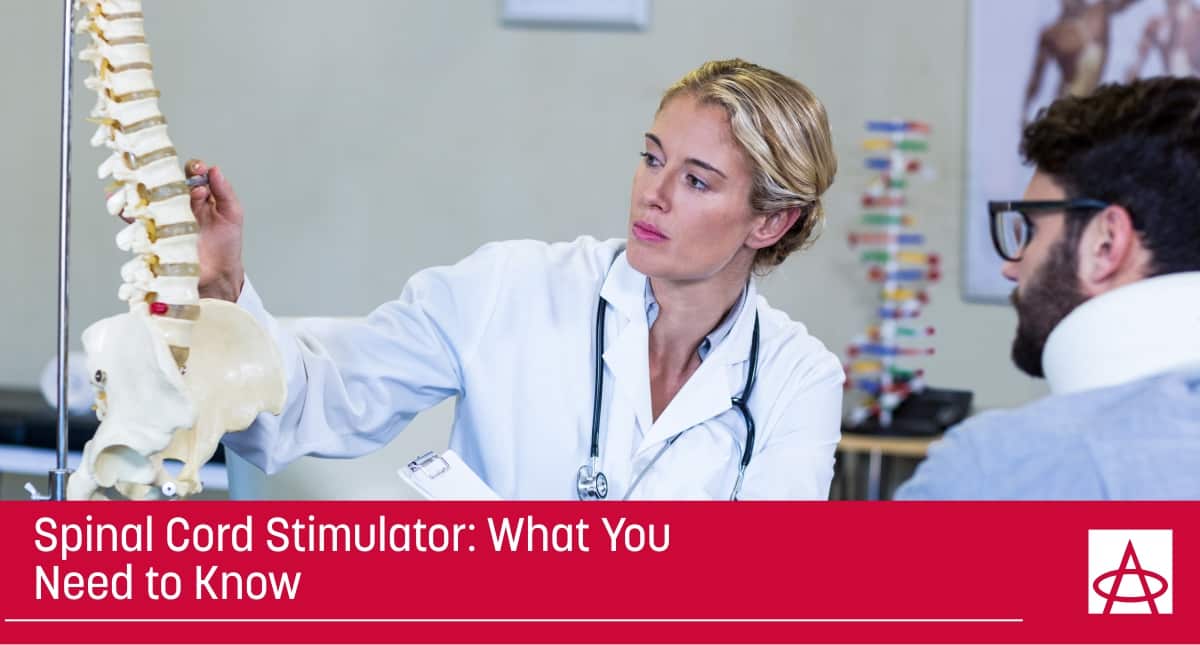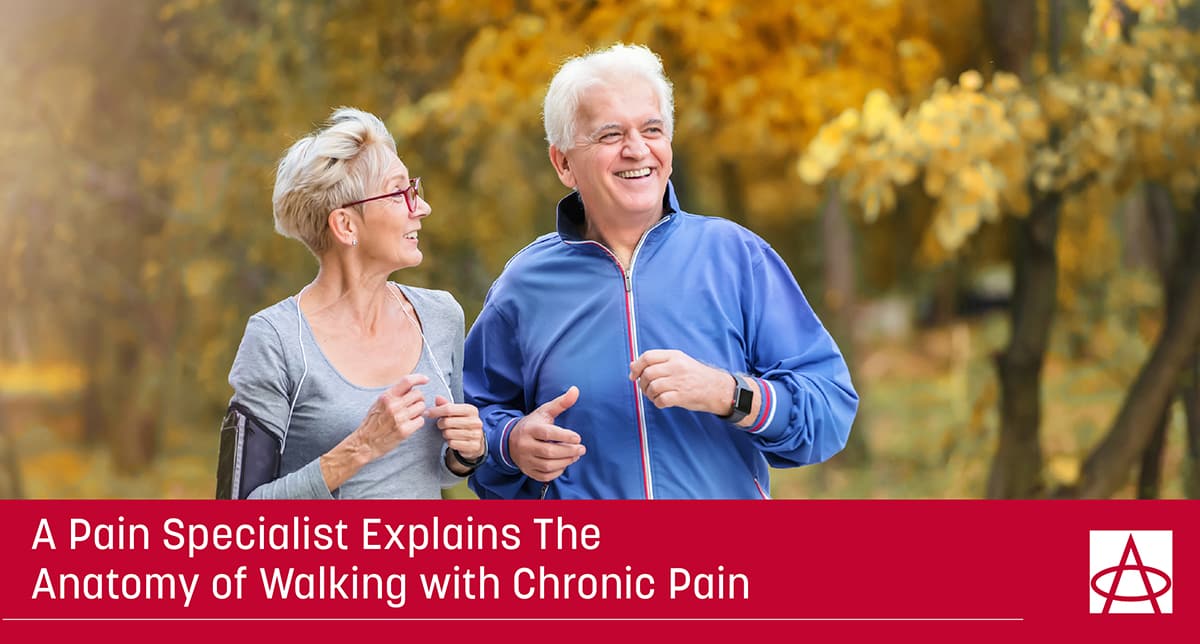What Happens if Chronic Pain is Left Untreated?
We all experience occasional pain at some point, owing to a number of factors like - occupation, improper postures, injuries, and so on. Even though we continue to cope with various pain issues and live normally, it not always possible to deal with all of them on our own; especially those that hamper our ability to perform basic physical movements such as walking, standing, running, etc. If you’re experiencing persistent pain in your body, and face difficulties in doing your everyday tasks, this could be an indication of a chronic pain condition. It is different from the usual and temporary type
Spinal Cord Stimulator: What You Need to Know
If the chronic pain in your back (or neck) prompted you to search online for a suitable treatment, you might have come across results for a Spinal Cord Stimulator. It’s important to know if it may be suited for your condition. To help you with this, we’ve listed everything you should know about Spinal Cord Stimulation. Let’s first begin with the basic understanding of what it is and how it works. A spinal cord stimulator (also known as SCS) is a remotely controlled device that treats or manages different types of chronic pain by sending a low-level electrical current to the
A Pain Specialist Explains The Anatomy of Walking with Chronic Pain
By Austin Horrocks, D.O. Chronic pain can make any of us into a bit of a hermit. It’s hard to do the things we love to do when they’re physically challenging or even painful. It can be easier to withdraw from certain activities and social obligations. This is where walking comes in! It may seem small in comparison to the magnitude of things you want to do. However, it’s a great place to start. Walking has numerous physiological and psychological benefits for people struggling with chronic pain. It can also be just the thing to help you ramp up your physical exercise and
Being An Anesthesiologist At A Chronic Pain Management Clinic
By Rudy Garza, M.D., Anesthesiologist As an anesthesiologist, I am not just an expensive bartender serving up margaritas or special cocktails. Being an anesthesiologist is a little more complex than the common stereotype. As an anesthesiologist, my job starts way before the surgery and extends past the time you leave the recovery room. Throughout the evolution of the specialty, an anesthesiologist has transformed themselves into perioperative medicine physicians. This means that I am there before, during, and after surgery, getting to know a patient and caring for them throughout the process. Coordination of post-operative care begins with a good preoperative
How Chronic Pain And Mood Are More Connected Than You Think
By Advanced Pain Care Chronic pain can be a really frustrating condition to live with, and we want to do everything in our power to help you get some relief. We know it comes in all shapes and sizes, but one thing is almost always certain; that your chronic pain and your mood work hand-in-hand. One of the reasons I love working here at APC is because we’re a multidisciplinary pain clinic, meaning we have multiple specialties all under one roof. This means that instead of a patient coming to us, but then us having to re-route them to another clinic, most
How Movement Helps With Chronic Pain Management
By Jeffrey Higginbotham, M.D. Years ago, a study was done where scientists stripped all of the muscles off of a cadaver spine to test how much weight the human spine could really handle just with the ligaments and joints alone. How much weight did it take to break the spine? Just 10 pounds. That means that without the muscles, the spine can barely support our bodies. Knowing the importance of the muscular system shows us a bigger picture: that maintaining our muscles is one of the most important parts of ensuring that our bodies are given everything they need to give us
How We at APC Address Mental Health and Chronic Pain Together
By Robin Hendershot, LPC You might not think that a pain care clinic pays much attention to mental health, but one of the things that I love most about working here is being part of a team that knows the importance of addressing both chronic pain and mental health together. I’d estimate that 50%-70% of the clients here at Advanced Pain Care have some sort of combination of chronic pain and depression or anxiety symptoms. That’s a huge number. Let’s answer some questions about how we at Advanced Pain Care address mental health and chronic pain together. Can chronic pain come from depression or
The APC Difference: Our Multidisciplinary Approach to Patient Care
By Dr. Mark Malone, Founder of Advanced Pain Care When you walk through the doors at Advanced Pain Care, I want you to feel happy and optimistic. Everyone at APC brings a positive attitude to their work, and we want you to feel the same way we do. I know you’re in some form of pain when you visit us. I know that’s an unpleasant experience. Feeling happy and optimistic isn’t a typical feeling for most chronic pain patients. That’s why I created Advanced Pain Care: I saw a need for comprehensive and compassionate patient care. And my own personal experience as a pain
Chronic Pain Can Occur at Any Age — How Yolanda Overcame Hers
By Advanced Pain Care Whether you’re experiencing pain for the first time — or have been managing it for years — you might be under the false impression that pain is part of your life forever. But at Advanced Pain Care, we don’t think anyone is beyond help in achieving lasting pain relief. When I met Yolanda, she was one of those patients who thought pain was just a part of life. After a car accident in 2010, she began suffering from chronic pain in her lower back and legs. That pain persisted as she tried multiple treatments over six years. So when she started











